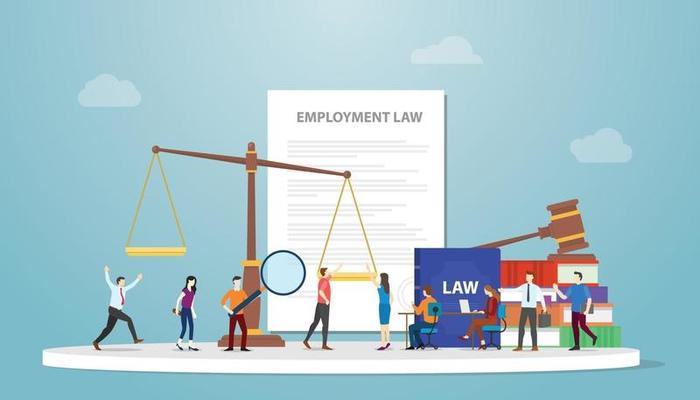“When I am carrying something heavy, you don’t think twice about offering to help me. We’re just suggesting that same courtesy can apply to people who are demonstrating distress.” Paul Heck, DuPont
If any good has come out of the last months as we have tackled the highs and lows in the shadow of the pandemic, it has revealed that by working remotely we have been forced to acknowledge the very real ties that bind in terms of emotional wellness around stress and burn out. As a wave of physical fatigue and heightened stress levels touched us all in some way or another, coupled with the challenges around our work, life balance, we had to pay attention.
The pandemic, so much bigger than us on a global scale, allowed us to look within and do some much need housekeeping in our own space. With the focus this month on mental health, we have decided to take this opportunity, as our own cultural catalyst to say we take this seriously and are committed to doing things differently.
The key is to firstly, understand the scope of the mental health issue as figures show that one in every five individuals suffers from health issues with depression and anxiety the leading cause of long-term absences equating to some 15 million lost work days. That’s more than those suffering from back pain, heart disease, hypertension, and asthma. Productivity and financial concerns are one thing, however, so too is the burden on those suffering perhaps in silence and it would be irresponsible of us to not pay attention.
Undoubtedly, stigmas and prejudice around fear and misunderstanding lurk just waiting to reveal themselves. There is of course the public stigma nudged continually by movies, mainstream media, and the portrayal of mental illness, often in a negative light. And then there is the very real personal stigma where those suffering internalize their struggle as they feel ashamed and hopeless. If they are honest and ask for support at work, they may be ostracized, and their role compromised. As a business, through our leaders, between colleagues and in the culture of putting our people first, this gives us a sound platform to break the chain.
It needs to start with awareness and education. For leaders to set the example by leading with care, being empathetic, offering a safe environment and taking a stand when it comes to challenging myths. For you and I to educate ourselves and choose our words carefully to make sure we don’t thoughtlessly hang our hat on tired re-runs so that our behaviours instead set the tone and become ingrained in how we deal with this across the organization. This is not one person’s responsibility or the People Team’s (HR) or a department’s but rather part of our value proposition for us all where we are supportive and really feel this together.
We need to encourage open and deliberate conversations to educate the broader business as we highlight inhibitors and create the right environment to make sure we improve. As a high-performance organization, we certainly push for excellence as a matter of course. However, this can result in not catching those who are not coping and almost side-lining them, instead deferring to poor performance or physical weakness. We need to stop and have an emotional checkpoint to see how we are doing. To empower our leaders with the skills required to be able to provide an ear and meaningful support for the steps required for treatment.
The reality is, with a workforce of some 80 000 people, we need to find practical workable solutions that offer guidance and support to handle the daily stresses as well as open channels where deeper issues can be tabled –.the likes of wellness programs, opportunities for line managers to receive specific training in managing emotional wellbeing and the process to access care. Formal structures in the business such as listening circles allow people to speak openly or to create buddy groups that offer a more intimate connection.
To date, we have not emphasized the support role we need to play or given mental health the attention it needs. The first step in our journey is to acknowledge this gap along with the clear intention to make it a priority within the organisation.
George Henderson is the Chief People Officer at Smollan.
























